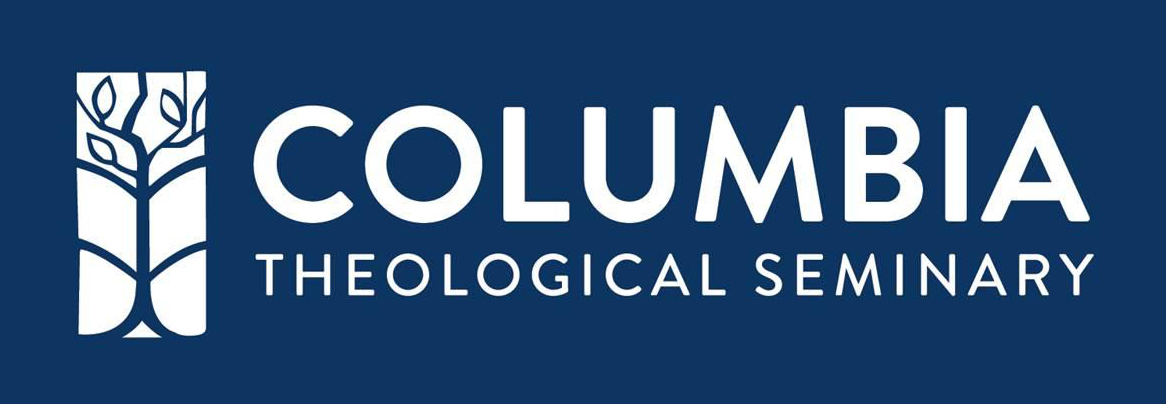Entry Topical Term
001 - CONTROL NUMBER
- control field: 123435
003 - CONTROL NUMBER IDENTIFIER
- control field: DLC
005 - DATE AND TIME OF LATEST TRANSACTION
- control field: 20200604175227.0
008 - FIXED-LENGTH DATA ELEMENTS
- fixed length control field: 860211|| anannbabn |b ana
010 ## - LIBRARY OF CONGRESS CONTROL NUMBER
- LC control number: sh 85126441
040 ## - CATALOGING SOURCE
- Original cataloging agency: DLC
- Transcribing agency: DLC
- Modifying agency: DLC
150 ## - HEADING--TOPICAL TERM
- Topical term or geographic name entry element: Speech acts (Linguistics)
450 ## - SEE FROM TRACING--TOPICAL TERM
- Topical term or geographic name entry element: Illocutionary acts (Linguistics)
450 ## - SEE FROM TRACING--TOPICAL TERM
- Topical term or geographic name entry element: Speech act theory (Linguistics)
450 ## - SEE FROM TRACING--TOPICAL TERM
- Topical term or geographic name entry element: Speech events (Linguistics)
550 ## - SEE ALSO FROM TRACING--TOPICAL TERM
- Control subfield: g
- Topical term or geographic name entry element: Language and languages
- General subdivision: Philosophy
550 ## - SEE ALSO FROM TRACING--TOPICAL TERM
- Control subfield: g
- Topical term or geographic name entry element: Linguistics
550 ## - SEE ALSO FROM TRACING--TOPICAL TERM
- Control subfield: g
- Topical term or geographic name entry element: Speech
670 ## - SOURCE DATA FOUND
- Source citation: SIL Glossary of linguistic terms, June 1, 2018
- Information found: (Speech act: an act that a speaker performs when making an utterance, including the following: A general act (illocutionary act) that a speaker performs, analyzable as including: the uttering of words (utterance acts); making reference and predicating (propositional acts); and, a particular intention in making the utterance (illocutionary force); An act involved in the illocutionary act, including utterance acts and propositional acts; The production of a particular effect in the addressee (perlocutionary act))
670 ## - SOURCE DATA FOUND
- Source citation: Oxford Research Encyclopedias of Linguistics (online), June 1, 2018
- Information found: (Speech Act: Speech acts are acts that can, but need not, be carried out by saying and meaning that one is doing so. Many view speech acts as the central units of communication, with phonological, morphological, syntactic, and semantic properties of an utterance serving as ways of identifying whether the speaker is making a promise, a prediction, a statement, or a threat)
670 ## - SOURCE DATA FOUND
- Source citation: Britannica.com, June 1, 2018
- Information found: (Speech act theory: Theory of meaning that holds that the meaning of linguistic expressions can be explained in terms of the rules governing their use in performing various speech acts, e.g., admonishing, asserting, commanding, exclaiming, promising, questioning, requesting, warning. In contrast to theories that maintain that linguistic expressions have meaning in virtue of their contribution to the truth conditions of sentences where they occur, it explains linguistic meaning in terms of the use of words and sentences in the performance of speech acts)




